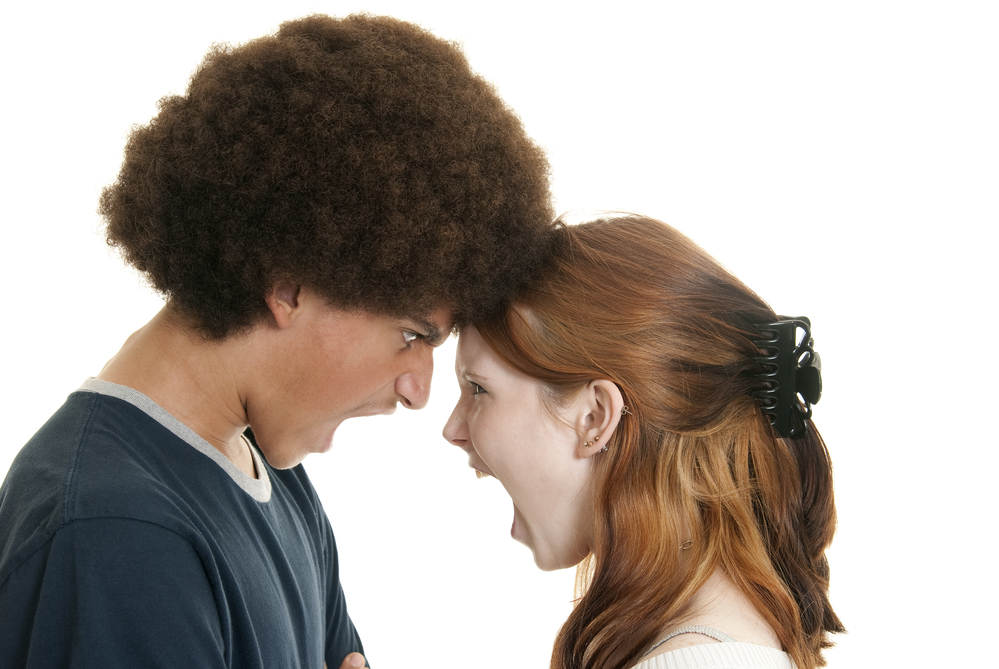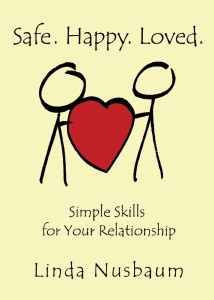Why people yell can be hard for others to understand.
I was running in my neighborhood one Thanksgiving Day. The streets were empty, and smells filled the air. I was thinking about the meal I would be eating later, with loved ones, when a sharp yell pierced the air. It was a woman screaming at a child.
I heard it come from a home across the street so I couldn’t see who was yelling, but I got an instant picture. At first I felt pain for the child, but then the mind traveled to the one who was yelling and I realized something else. It was something familiar I must have felt as a child, something this woman could be feeling at this moment.
Why People Yell: They’re in Pain

The yeller was in pain. The one who screams is hurting. I grew up yelling. I know what pain feels like. But when you learn this habit as a child it tells me something else. A child who feels safe and loved doesn’t yell.
A child who is grounded knowing their world is protected doesn’t scream at others. As a child I was unsure of a lot of things. Others in my family yelled when they were unhappy. I learned to yell as a way to describe my discomfort. I was always in discomfort. Even pictures of me as a little girl show me with a frown on my face.
This was my habit: have a difficulty? Yell. Have a problem? Get mad and yell. I know yelling. And I have worked for the last 20 years to understand myself so I don’t have to yell. That is the way out. For all the yellers who are reading this, I understand you.
Understanding Why People Yell, Instead of Handling Things Quietly
I also understand that as a child you were not given grounding and self-soothing tools so you would know as a little person that everything would be OK. This was not part of your experience. And if we don’t get this experience, of knowing everything will be OK—that we will be OK—then we live with a worry buried deep inside us that is always helped when we sound an alarm. And so we yell. We tell people something isn’t right. This is how we have learned to take care of ourselves.
Unfortunately, the people around us who did get grounding experiences and are not yellers probably don’t understand us. In fact they might get mad at us for having this behavior in the first place. And they might judge us as angry. I know this phrase. My older sister used to call me “The Angry Child.”
This label embarrassed me. And it was true. I was mad. I couldn’t help it. This was how I handled life. Things don’t go my way? Get mad. Get disappointed? Get mad. Feel left out? Get mad. Feel anything? Get mad.
Stop Yelling By Identifying Feelings and Breaking Patterns

You see though, what I have learned is that there are lots of feelings that people have. So I began to understand what feeling I was having, instead of lumping everything into the angry column.
And this is the way out: learn what you are feeling. When you can identify what feeling you are having, you will be able to unhook from your pattern of always getting angry and yelling. It takes work, but it is possible—for me, for you, and for the woman in my neighborhood.
Get Help with Overcoming Your Past and Moving Forward
Read a Book About Relationships
Do you or your partner need some help with yelling less? Try reading Linda’s book Safe. Happy. Loved. Simple Skills for Your Relationship. It just might teach you new ways to deal with pain and anger, helping you and your partner feel calmer and closer than ever. Give it a read.
Get Couples Counseling
Come in for couples counseling. Couples counseling can help you and your loved one get the most out of your relationship. It'll equip you with coping strategies and tools for communication that can help you argue less and love more.


